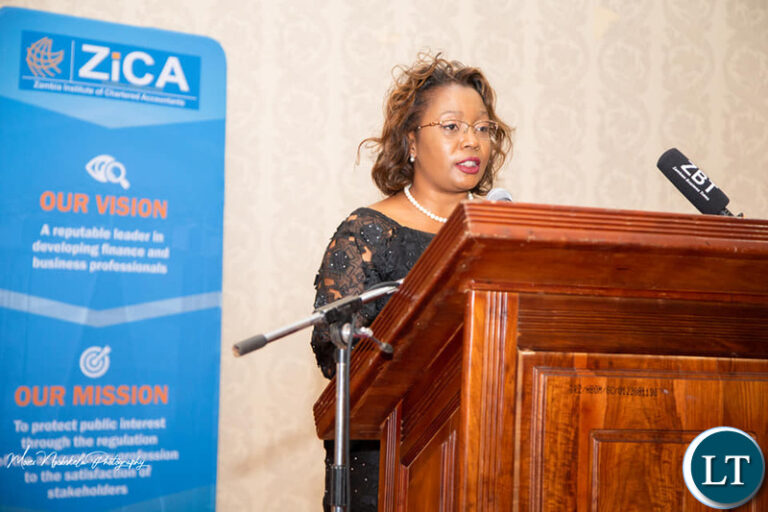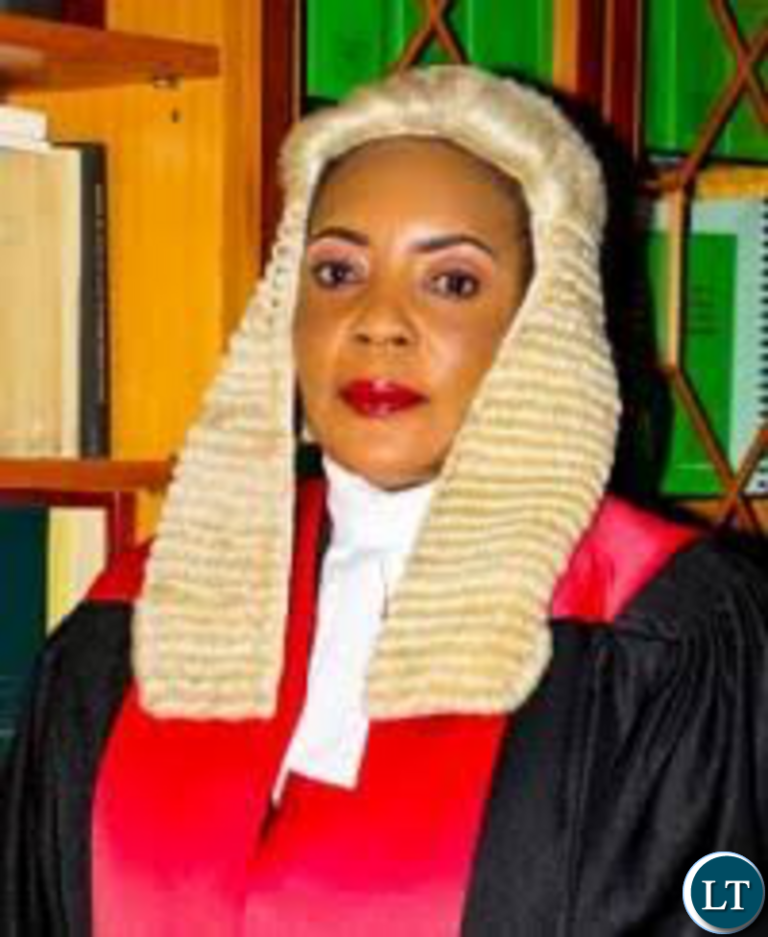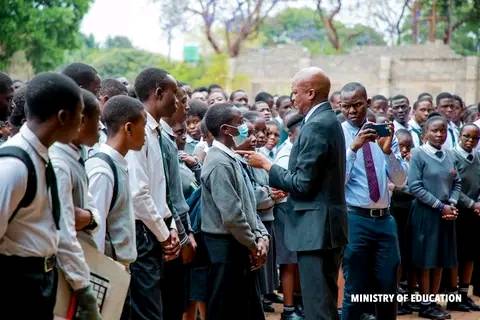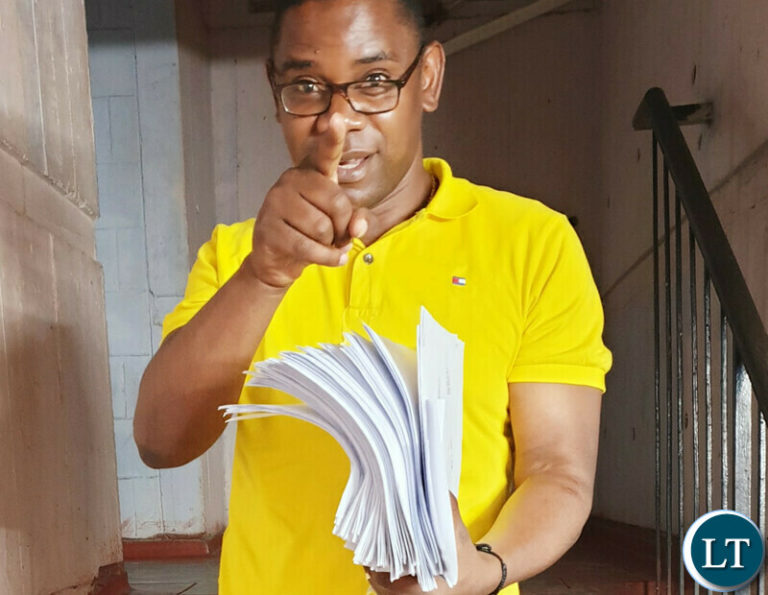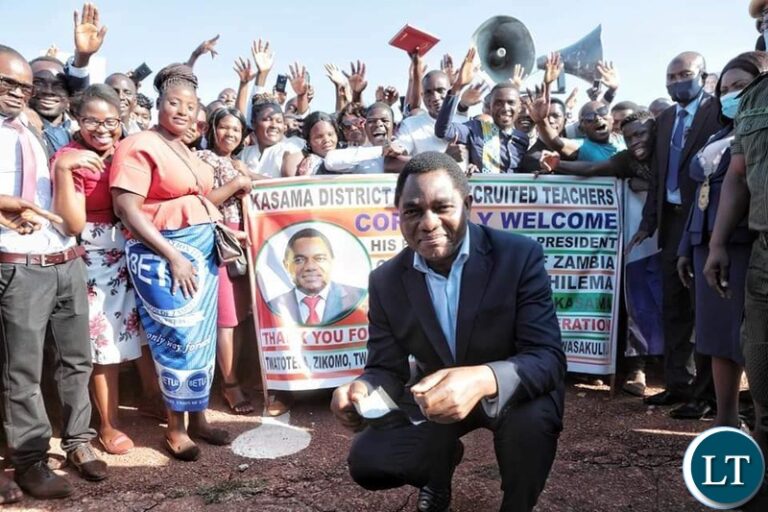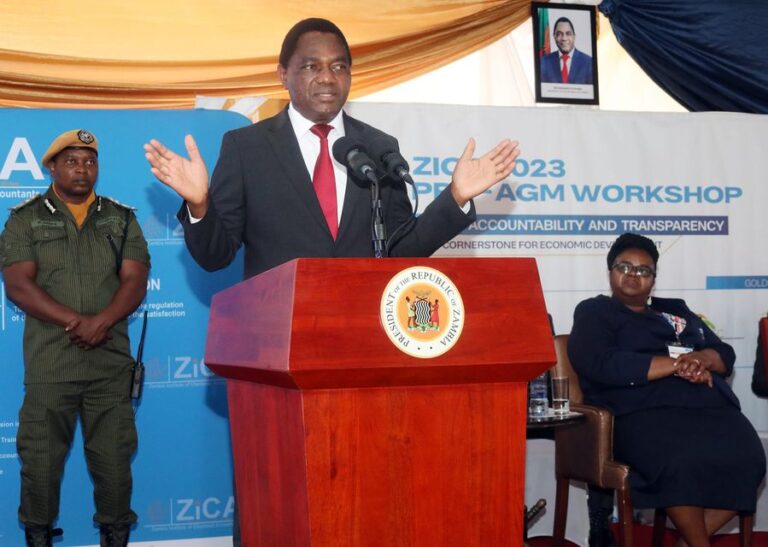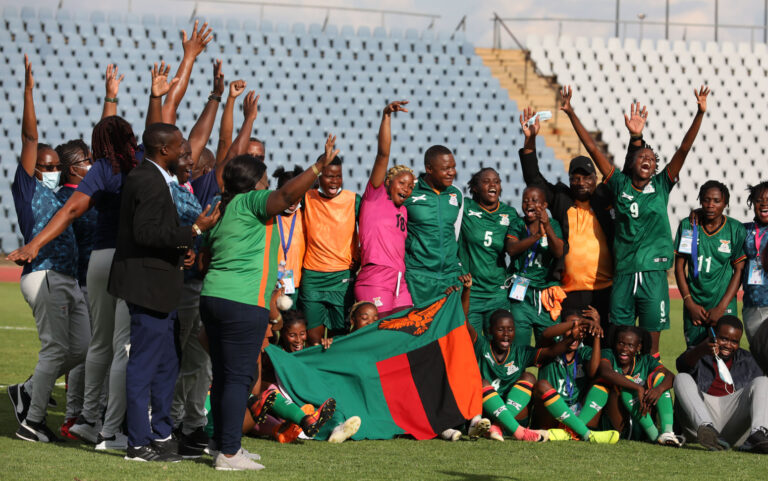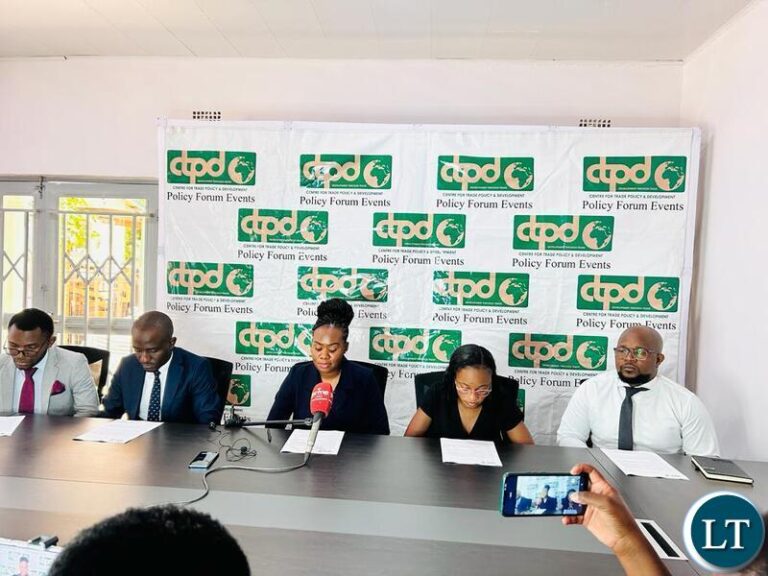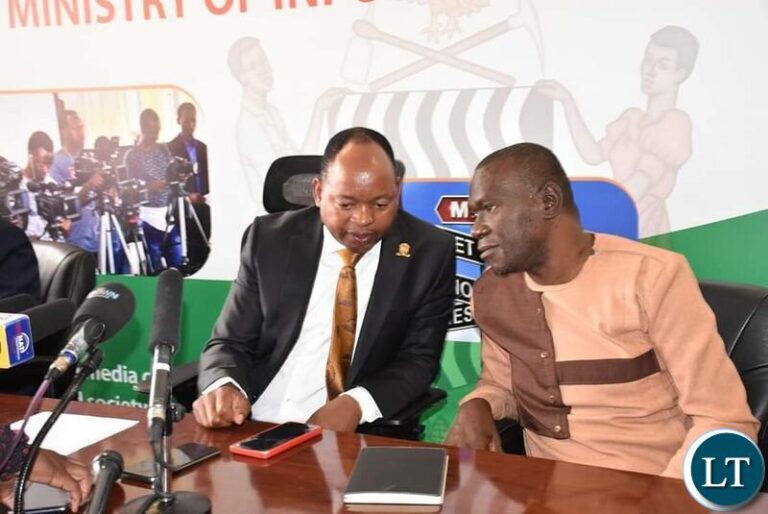The Center for Trade Policy and Development (CTPD) held a press conference yesterday to present its in-depth analysis and recommendations regarding the 2024 National Budget, which was presented on September 29, 2023, by the Minister of Finance and National Planning, Honourable Situmbeko Musokotwane. The theme for the budget is “Unlocking Economic Potential.”
Below is a summary of the speech made available to the media by Mrs Natalie Kaunda, CTPD Acting Executive Director.
The 2024 National Budget marks a significant milestone as it represents the third budget under the UPND administration, following Zambia’s debt restructuring agreement with bilateral creditors under the G20 Common Framework.
Budget Overview
The proposed 2024 National Budget is projected to be K177.9 billion, a K12.6 billion increase compared to the previous year’s budget of K167.3 billion. It reflects the government’s commitment to maintaining macroeconomic stability, with targets such as real GDP growth of at least 4.8 percent, inflation within 6-8 percent, and domestic revenue accounting for at least 22 percent of GDP.
Expenditure
The 2024 National Budget is expansionary, with an overall budget increase of 6.3 percent compared to the previous year. Significant increases in budget allocations are observed in sectors such as economic affairs, education, and health. The economic affairs sector has received increased funding to revive key sectors like agriculture, manufacturing, and mining.
Revenue
Efforts have been made to shift sources of financing for the national budget, with foreign financing reducing by 55.3 percent and a minimal increase in planned domestic borrowing. A significant portion of domestic revenue will come from taxes, projected to account for 64 percent of the total budget.
Public Debt Management
The 2024 National Budget reflects the government’s continued effort to resolve Zambia’s public debt. There is a notable reduction in external debt service allocation, representing a 33 percent reduction compared to 2023. However, discussions on restructuring the country’s private debt, including Eurobonds, need to be accelerated, and strict adherence to the annual borrowing plan is essential. Operationalizing the sinking fund, as provided for in the Public Debt Management Act, remains unclear.
Mining Sector
The budget allocates a substantial increase in funds for geological mapping, which aligns with recommendations for the mining sector’s revival. The operationalization of the Mineral Regulation Commission is welcomed, provided it receives sufficient funding and resources for effective regulation. Declaring all minerals as strategic is forward-thinking, but clear strategies for sustainable development and utilization are necessary.
Agriculture Sector
While the agriculture budget has increased, specific production targets for key agricultural commodities are lacking. The government should set production goals to drive the sector’s development. Addressing rising food costs requires comprehensive measures targeting improved agricultural productivity and reduced production costs.
Energy Sector
The budget maintains that fuel subsidies will not be reintroduced, but strategies to mitigate the impact on the cost of living are not outlined. Diversifying energy sources beyond hydro-energy is essential to reduce dependency and fluctuations in rainfall patterns.
Constituency Development Fund (CDF)
Increased CDF allocation is positive, but effective utilization needs to be ensured through electronic monitoring and addressing human resource constraints.
Legal Reforms
While the budget mentions several legal reforms, comprehensive tobacco control legislation is notably absent. Enacting such legislation would improve public health and contribute to budgetary stability. An access to information law is also urgently needed for enhanced transparency in governance.
In conclusion, while the 2024 National Budget has positive aspects, it needs a clear roadmap to address the cost of living and challenges in key sectors earmarked for socioeconomic development. CTPD highlights areas of concern, including private debt resolution, operationalizing the sinking fund, setting agricultural production goals, energy source diversification, and the enactment of critical legislation.
The CTPD emphasizes the importance of a strengthened legal system, the urgency of comprehensive tobacco control legislation, and the need for an access to information law to enhance transparency and good governance in Zambia.



